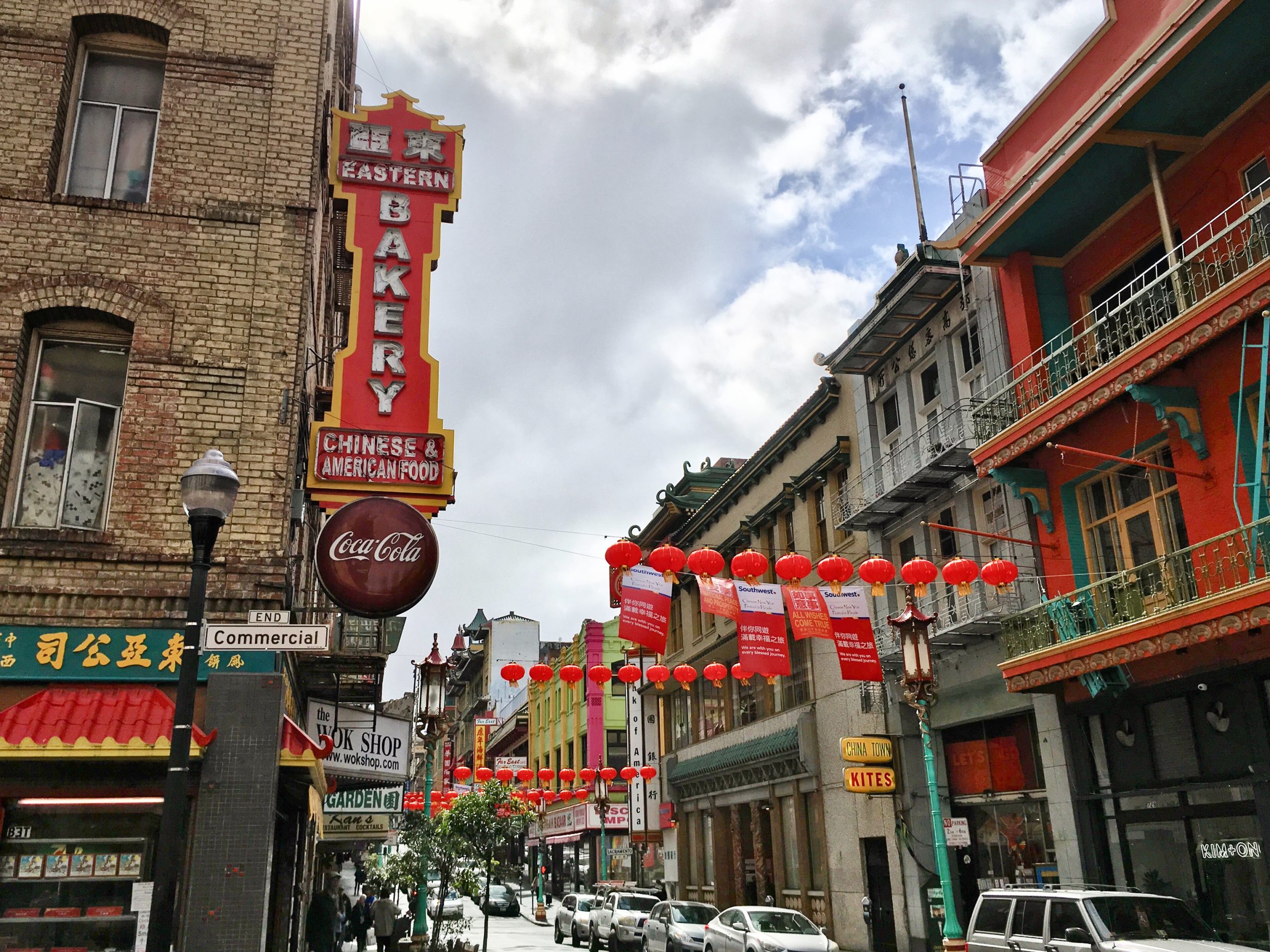
For too long, Asian Americans and Pacific Islander (AAPIs) have grappled with racial inequities in affordable housing, education access, public health, and more. The 2021-2022 California state budget, which includes the historic $156.4 million API Equity Budget, begins to address these inequities through significant investments in economic recovery, language access, and ethnic enclaves like San Francisco Chinatown — all of which stand to benefit AAPI communities.
Read on for more information about CAA’s role in directing resources to people in need.
Passing the API Equity Budget
At a July 16 press conference at CAA’s San Francisco Chinatown office, Co-Executive Directors Cynthia Choi and Vincent Pan joined Assemblymembers Phil Ting and David Chiu and other AAPI community leaders in celebrating the historic passage of the API Equity Budget. In brief remarks, Pan noted the implications of this landmark legislation for all communities of color. “When our communities are stronger, all communities are stronger,” he said. “When our communities are safer, all communities are safer.” The announcement was covered in local, state, and national media, with headlines in SF Examiner and USA Today as well as Singtao and Yahoo! Taiwan. Read our latest blog post to learn more about the contents of the API Equity Budget.
Protecting Education Access for All
When budget cuts at City College of San Francisco threatened to restrict access to educational opportunities, CAA joined advocates in calling for the funding and expansion of free and noncredit courses that have long served as a pathway to economic stability for immigrant communities. With the support of AFT2121, the Chinese Progressive Association, and Supervisor Gordon Mar, our coalition successfully negotiated $1 million in funding for the CCSF workforce training and recovery fund — a step in the right direction for working families in San Francisco. More investment is needed, however, and CAA will continue to work hard to facilitate access to affordable education in San Francisco. Click here to learn more.
Fighting for the Future of DACA
Last month, a federal court judge in Houston, Texas ruled against the Deferred Action for Childhood Arrivals program, also known as DACA. Although current DACA recipients are unaffected, tens of thousands of pending and future applications are in jeopardy. In support of the immigrant communities we serve, CAA has denounced the decision as immoral and anti-immigrant and are in support of an appeal of the ruling, as well as a long-term legislative solution. Our immigrant rights team has also taken steps to educate Chinese audiences about what happens next, and how their families should move forward. To find out if you or someone you know could be impacted, please review CAA’s DACA fact sheet — available here in English or here in Chinese. Or, click here to learn more.
Ensuring Language Access for the Unemployed
Due in part to CAA advocacy, $21 million in EDD language access was included in a critical trailer bill to the 2021-22 state budget. For California’s 7 million limited English proficient (LEP) residents who depend on the Employment Development Department (EDD), the state agency responsible for providing unemployment insurance and other life-sustaining benefits, this funding means a centralized language access portal, expanded telephone services in over 150 languages, and more education and outreach initiatives to non-English speaking communities. Most of all, it will help facilitate access to an economic lifeline that until now has remained out of reach for LEP residents. If well-implemented, “immigrant communities will finally have access to the resources they desperately need in the wake of the pandemic,” said CAA’s Annette Wong at an August 6 press conference with Assemblymember David Chiu. Click here to read our joint press release with Chiu and the Asian Law Caucus.
Introducing Chinatown’s Newest Landmark
Earlier this month, the Chinatown Media and Arts Collaborative (CMAC), a coalition of AAPI organizations including CAA, announced plans for The Edge on the Square, a new, major cultural facility in San Francisco Chinatown. With $26.5 million in state funding, the project, located on Clay Street from Grant Avenue to Walter U. Lum Place, is slated to open its doors in Fall 2024. It plans to be a premiere destination dedicated to AAPI history and culture. In a statement to the press, CAA’s Vincent Pan said “CMAC projects are intended to increase foot traffic to surrounding bars, restaurants, and small businesses.”



